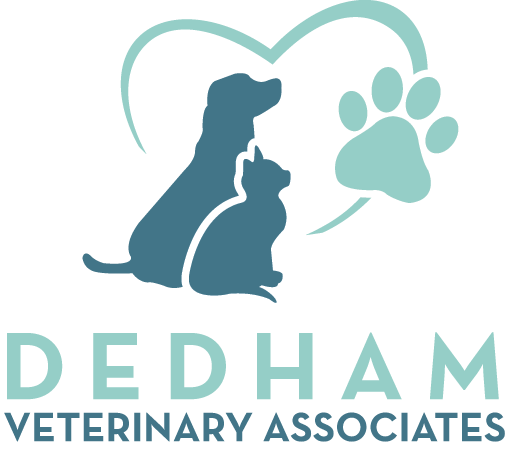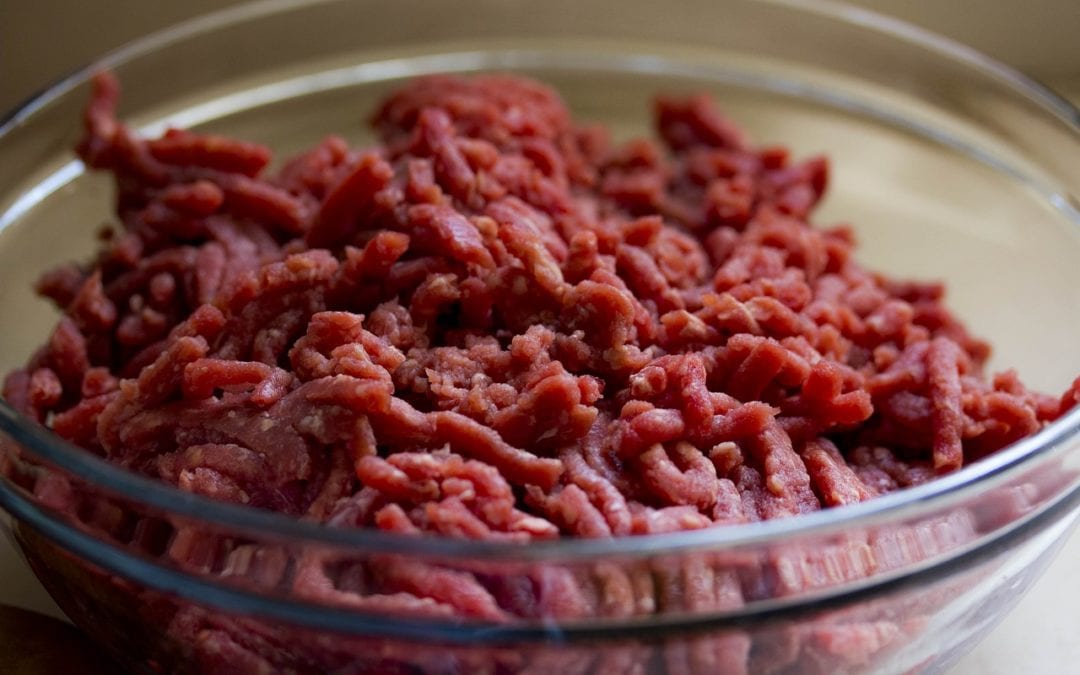I am moved to write a blog to advise caution in feeding with raw diets after a very sweet, young kitty in our practice became very ill from raw food. Zac was suffering from recurrent bouts of diarrhea with blood and mucus. Tests were run and it was discovered that he was sick from a Salmonella infection that he had caught from his raw diet that had been lovingly prepared by his owner. Although there are many fiercely loyal proponents of raw diets and many testimonials of health benefits, there are risks and at this time more scientific evidence against feeding raw than for it. As pet owners, there is a lot of information available and it is very difficult to sort out what nutritional advice has the best scientific basis. Now eating a commercially prepared cooked diet, cute little Zac is on the road to a full recovery.
In the past decade there has been a lot of discussion about the potential benefits of feeding raw diets to dogs and cats. Proponents of the benefits of raw diet anecdotally report improved health, immune system and digestive benefits. Theoretically the claimed benefits of raw diets are derived from lack of destruction of certain nutrients and microorganisms during processing and cooking of the ingredients. Testimonials include reports of healthy haircoat, improved health and longer life-span. As veterinarians we see a fair number of pets that eat raw diets and several of them do seem to do well eating these raw diets, but not all, and we certainly see plenty of pets that do very well eating traditional kibble and canned food diets, also. At this time there have been no peer-reviewed scientific studies to prove any of the anecdotal benefits of raw diets, however, there is a wealth of information that these diets can be dangerous and are just not worth the risk.
Raw diets may not be nutritionally balanced. A study of home-prepared raw diet recipes found that 70% were deficient in a nutrient or unbalanced. Of the commercially prepared raw diets, not all are adequate. Only a couple of companies take the extra step of a live animal feeding trial following AAFCO guidelines to ensure that their diets will not cause any nutritional deficiencies when fed to pets. Read more about reading pet food labels and the benefit of feeding a diet that has undergone the gold-standard animal feeding tests using AAFCO procedures to substantiate that the diet is complete and balanced for the life stage of your pet: https://talkspetfood.aafco.org/readinglabels
Young, growing animals are at high risk for nutritional deficiencies which may lead to developmental problems, especially with their bone and joint development. Cats are very dependent on a nutrient, taurine, for proper function of their hearts. Cats can develop cardiomyopathy and this can lead to heart failure and death after several months of being fed a diet with inadequate taurine. Many raw diets have been found to be deficient in taurine, calcium, zinc and chlorine or are unbalanced in nutrients.
Many raw diets contain chunks of bone. Bone-meal itself can be a good source of calcium but any pieces of unground bone can lead to oral and intestinal injuries. There have been numerous reports of intestinal perforation, esophageal tears and fractured teeth from pets eating pieces of bone.
The biggest and scariest risk of feeding raw diets is the exposure of our pets and ourselves to serious pathogens. Much of raw meat in this country, even intended for human consumption, contains pathogens. The common ones are Salmonella, Campylobacter and pathogenic E. coli, but many other pathogens have been found in raw meat products. Home-prepared raw pet diets very commonly are contaminated with these organisms. Commercially prepared raw foods generally have some steps in the processing that reduce pathogens, but still a portion of these still test positive for illness-causing bacteria. Dogs and cats tend to have a bit higher threshold for exposure to these pathogens before they show signs of illness, but they can certainly still get very sick from these bacteria. Worse still is that dogs and cats can become infected with these pathogens and often these infections are zoonotic (this means we can catch the infection from them!!!). Pets with zoonotic infections are very dangerous to infants, young children, the elderly and anyone with a compromised immune system. Even healthy adults have some risk of catching zoonotic infections from pets. In one study 14% of fecal samples from dogs being fed raw diets tested positive for Salmonella. Yikes! But 0% of fecal samples of dogs fed traditional cooked kibble diets tested positive. Many of the pathogens found in raw diets can cause much more severe disease in humans than our pets and can even be fatal, and there have been many disease outbreaks in humans that could be linked to raw pet foods in recent years. For these reasons I do not feed my pets raw diet and do not recommend it to my clients.

